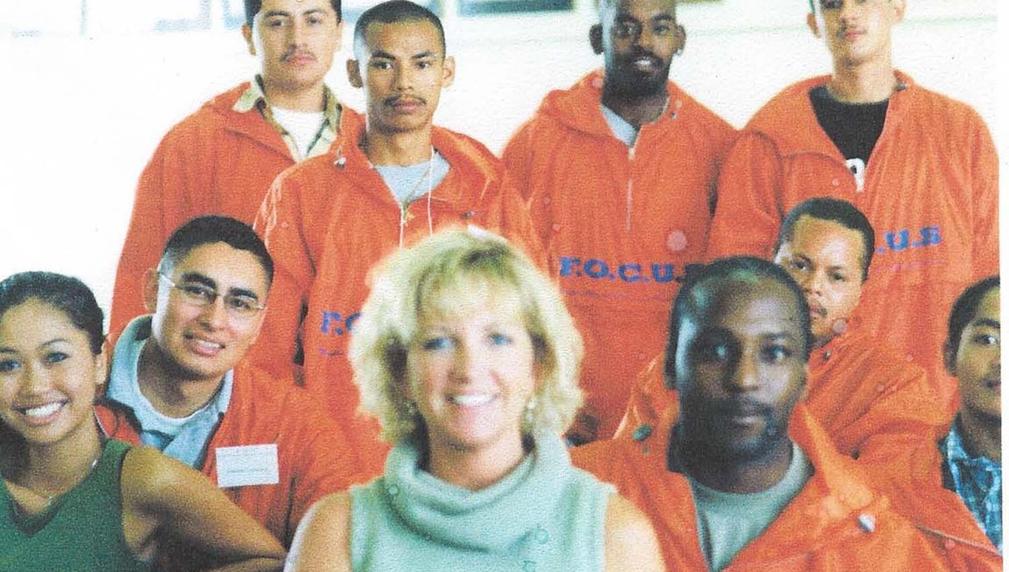Safe Passage for Long Beach Students
1. F.O.C.U.S. will implement a Safe Passage program in Long Beach to ensure students safely commute to and from school, protected from violence. Beginning with Nelson and Washington Middle Schools—where principals have formally requested help due to known inter-school tensions—the program deploys trained community members to establish visible, supportive routes. The initiative will strengthen student safety, attendance, and neighborhood cohesion.

What is the primary issue area that your application will impact?
Community safety
In which areas of Los Angeles will you be directly working?
Long Beach
In what stage of innovation is this project, program, or initiative?
Expand existing project, program, or initiative (expanding and continuing ongoing, successful work)
What is your understanding of the issue that you are seeking to address?
Students in Long Beach, particularly Black, Asian and Latino youth, often face threats on their daily commute, including gang activity, harassment, and street violence. In communities with high poverty and under-resourced schools, safety concerns contribute to chronic absenteeism, stress, and lower academic performance. Local reports and testimonies from families show students frequently feel unsafe walking alone or using public transit. Now, more than ever, community-led solutions are needed to ensure safe environments, rebuild trust, and disrupt the cycle of violence.
Describe the project, program, or initiative this grant will support to address the issue.
The F.O.C.U.S. Safe Passage program will place trained community members along designated school routes to ensure safety through presence, engagement, and de-escalation. The program starts at Nelson and Washington Middle Schools—two campuses with historic student conflicts, now co-located. Daily, 25–30 Safe Passage personnel will monitor key areas during commute hours.
Staff will be trained in Amer-I-Can Life Skills and PCITI violence intervention protocols. The team includes a Project Manager, Public Relations Director, Volunteer Coordinator, and Safe Passage workers. All wear identifiable uniforms (jackets, t-shirts, polos, hoodies). Communication tools (e.g., walkie-talkies) and bikes will enable rapid response and broad coverage.
The program’s design stems from proven outcomes: in 2001, F.O.C.U.S. transformed Franklin Middle School—previously deemed an "urban terrorist zone"—into one of Long Beach’s safest. We will engage students, parents, and local groups to co-own safety. Through this model, school zones become daily hubs of care, community, and protection.
Describe how Los Angeles County will be different if your work is successful.
In one year, Long Beach will see reduced violence near Nelson and Washington Middle Schools, improved school attendance, and enhanced student well-being. Parents will report increased confidence sending their children to school. The community will become more engaged in safety and youth development.
In the long term, F.O.C.U.S. envisions Safe Passage programs at all high-risk Long Beach schools. Community-led safety zones will become a replicable model across LA County. We aim to influence city budgets to allocate consistent Safe Passage funding, building public safety from the ground up.
Approximately how many people will be impacted by this project, program, or initiative?
Direct Impact: 500
Indirect Impact: 3,000